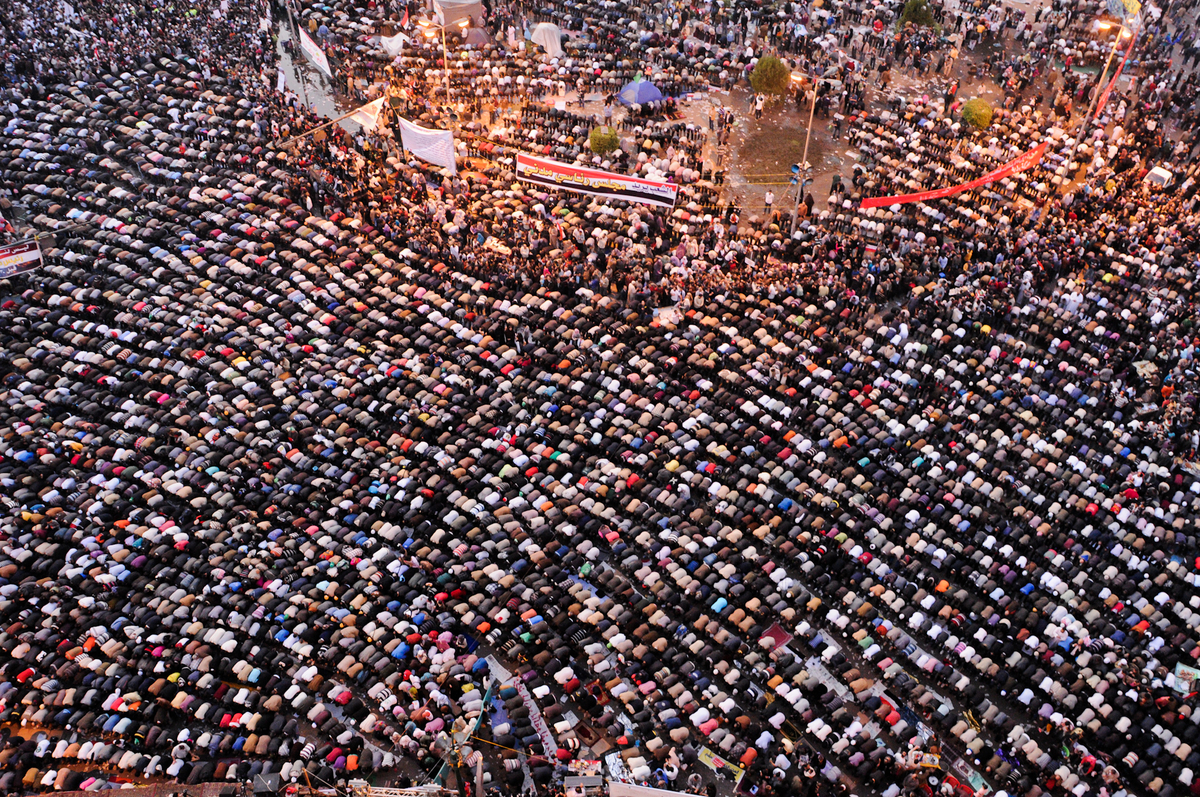CABINDA: Angolan police grilled two suspects in a deadly shooting attack by separatist rebels on Togo s team which cast a long shadow Monday over the start of Africa s premier football tournament.
The pair were arrested in Cabinda, an Angolan enclave inside the Democratic Republic of Congo, close to the scene of Friday’s attack which ended with the death of the squad s assistant coach and media spokesman.
Two assailants were captured on Friday, one a few minutes after the attack and the second at the border while crossing into Congo-Brazzaville, Cabinda s deputy governor Macario Lembe told AFP.
The first suspect was injured in his left thigh by police who responded when he opened fire from a tree at the Togolese bus.
Officials said the two suspects were part of a group of five gunmen who launched the attack with automatic weapons. The other three managed to escape.
The Togolese team withdrew from the African Cup of Nations following the attack and returned home on Sunday evening following orders from their government, despite appeals by the players to be allowed to stay.
It s very sad. It s hard for Africa and for us, Togo captain Emmanuel Adebayor told AFP at the airport in Cabinda.
These things are part of life, you have to accept it, the Manchester City striker added.
The tournament was meant to showcase Angola s recovery after a 27-year civil war which ended in 2002.
But the attack has instead shone the spotlight on the government s inability to end a low-level insurgency in oil-rich Cabinda.
A splinter group of the independence movement FLEC claimed responsibility for the attack, saying it had warned Confederation of African Football boss Issa Hayatou against holding matches in Cabinda.
This is going to continue, because the nation is at war, said Rodrigues Mingas, secretary general of the Forces for the Liberation of the State of Cabinda-Military Position (FLEC-PM).
Speaking at the tournament s opening match in Luanda on Sunday night, which ended in a dramatic 4-4 draw between the hosts and Mali, Angola s veteran President Jose Eduardo dos Santos denounced Friday s attack.
We condemn this act of terror, but the competition will continue in Cabinda, Dos Santos said.
His government and African football officials pleaded to the last for Togolese authorities to allow the players to fulfill their wish to compete in the tournament to honour their slain colleagues.
The attack occurred as the Togo convoy drove into Cabinda from Congo-Brazzaville on Friday, leaving players cowering under their seats during a 20-minute gun battle with security forces.
Goalkeeper Kodjovi Obilale was airlifted to a Johannesburg hospital where he is now in a stable condition after surgery to treat gunshot wounds to the back and abdomen.
The attack prompted calls for the tournament to be scrapped and Ghana s government has demanded extra security for its players.
It has also raised questions about players security at this year s World Cup in South Africa, the first time the tournament has been staged in Africa.
But South Africa s police chief said that while lessons would be learned from the attack, it was not fair to draw parallels with the situation in Angola.
Comparing what happens there to what might happen in South Africa in June is like suggesting that the train bombing in Madrid and the terrorist attack in London would affect the (2006) football World Cup in Germany, Police Commissioner Bheki Cele told reporters on his return from Angola.
Togo s withdrawal has plunged the organization of the tournament into confusion. They had been due to play Ghana in Cabinda on Monday evening but that match has now been cancelled.
However the match between Burkina Faso and tournament favorites Ivory Coast, the first of the series in Cabinda, kicked off as planned, but there was tight security around the stadium and at the players village.
